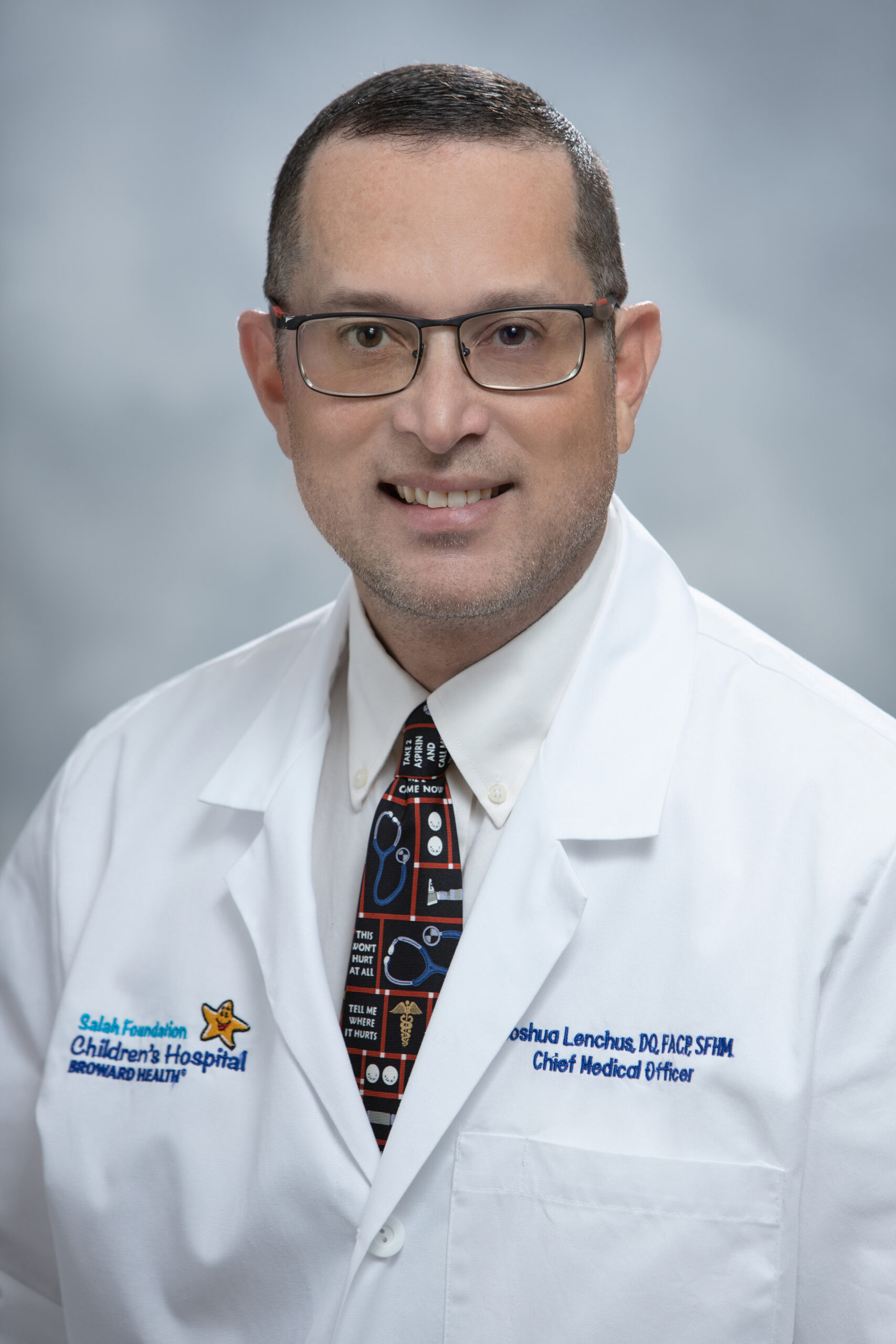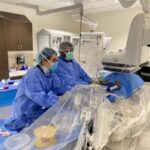 Gone are the days when drug reps would take doctors to fancy restaurants or on weekend vacations as inducements to use their latest drug or instrument. Drug companies have shelled out $16 billion a year to persuade physicians to prescribe their drugs over others. This equates to over $10,000 each year per physician. This is in addition to the $4 billion spent on direct to consumer advertising.
Gone are the days when drug reps would take doctors to fancy restaurants or on weekend vacations as inducements to use their latest drug or instrument. Drug companies have shelled out $16 billion a year to persuade physicians to prescribe their drugs over others. This equates to over $10,000 each year per physician. This is in addition to the $4 billion spent on direct to consumer advertising.
Drug Companies argue that they are simply providing information to practitioners regarding new products. This may be true, yet research has shown that physicians, particularly general practitioners, are more likely to rely on information from drug manufacturers as their primary source. This is even more alarming considering studies show only 17% of those GPs sought out information from peer reviewed journals before making prescribing decisions. Their reasons for not researching further include: lack of time, difficulty in interpretation, irrelevance and lack of attention to clinical experience.
The Pharmaceutical Research and Manufacturers of America (PhRMA), which represents research-based pharmaceutical and biotechnology companies has developed a Code which defines the appropriate interactions between healthcare professionals and pharmaceutical representatives. The original Code was approved in 2002 and the updated Code went into effect in January 2009. Many practitioners are unaware of the latest changes and are unknowingly violating the rules.
The Code is based on the concept that patient care and treatment should be based solely on a patients medical needs in combination with his doctors clinical knowledge and experience. Pharmaceutical education sessions are allowed to ensure that doctors have the latest and most accurate information regarding medications.
Marketing representatives play a valuable role by providing doctors with scientific and other medical information, as well as informing them about the benefits and risks of various products and their appropriate use. Pharmaceutical companies also obtain valuable feedback on their products by interacting with the medical community.
Informational Presentations by Pharmaceutical Company Representatives and Accompanying Meals
Pharmaceutical representatives are allowed to present information during a doctors working day, including mealtimes. In connection with such presentations, it is appropriate for occasional meals to be offered as a business courtesy to the healthcare professionals and the staff attending presentations. The presentations must provide scientific or educational value and the meals must be: (a) modest as judged by local standards; (b) not part of an entertainment or recreational event; and (c) provided in a manner conducive to informational communication.
Meals offered in connection with such presentations should also be limited to in-office or in-hospital settings. It is not appropriate to include a healthcare professionals spouse or other guest in a meal accompanying an informational presentation.
Pharmaceutical representatives should not provide to healthcare professionals any entertainment items such as: tickets to the theater, tickets to sporting events, sporting equipment, leisure or vacation trips. Such entertainment or recreational benefits should not be offered, regardless of (1) the value of the items; (2) whether the company engages the healthcare professional as a speaker or consultant, or (3) whether the entertainment or recreation is secondary to an educational purpose.
Pharmaceutical companies can continue to support CME activities
The giving of any subsidy directly to a healthcare professional by a company may be viewed as an inappropriate cash gift. However financial support can be given to a CME provider, who can use the money to reduce the CME registration fee for all participants.
The company must respect the independent judgment of the CME provider and should follow standards for commercial support as established by the Accreditation Council for Continuing Medical Education (ACCME) or other accrediting entities. When companies underwrite CME, responsibility for and control over the selection of content, faculty, educational methods, materials, and venue belongs to the organizers of the conferences or meetings in accordance with their guidelines. The company should not provide any advice or guidance to the CME provider, even if asked by the provider, regarding the content or faculty for a particular CME program funded by the company.
Financial support should not be offered for the costs of travel, lodging, or other personal expenses of non-faculty healthcare professionals attending CME, either directly to participants or indirectly to the events sponsor. Similarly, funding should not be offered to compensate for the time spent by healthcare professionals participating in the CME event. A company should not provide particular meals at CME events. However, funds given to a CME provider can be used to provide meals to all participants to reduce overall event costs.
Consultants
Companies can continue to use consultants as long as they are neither inducements nor rewards for prescribing or recommending a particular medicine or course of treatment. It is appropriate for consultants who provide advisory services to be offered reasonable compensation for those services and reimbursement for reasonable travel, lodging, and meal expenses incurred as part of the consulting engagement. Any compensation or reimbursement should be reasonable and based on fair market value.
Prohibition of Non-Educational and Practice-Related Items
Non-educational items can not be offered to physicians or their staff. Even items of minimal value (such as pens, note pads, or mugs with company or product logos) are not permitted. Such items may create the impression that prescribing and treatment decisions are not based on information and science.
Educational Items
Pharmaceutical companies, where permitted by law, may offer items designed primarily for the education of patients or healthcare professionals if the items are not of substantial value ($100 or less) and do not have value to healthcare professionals outside of his or her professional responsibilities. An anatomical model for use in explaining conditions to a patient is appropriate. A DVD player is not appropriate as it has independent value to a physician outside of his or her professional responsibilities. Similarly a stethoscope is not appropriate as its primary role is in patient treatment and not education. Items designed primarily for the education of patients or healthcare professionals should not be offered on more than an occasional basis, even if each individual item is appropriate.
Post Views: 807
 Gone are the days when drug reps would take doctors to fancy restaurants or on weekend vacations as inducements to use their latest drug or instrument. Drug companies have shelled out $16 billion a year to persuade physicians to prescribe their drugs over others. This equates to over $10,000 each year per physician. This is in addition to the $4 billion spent on direct to consumer advertising.
Gone are the days when drug reps would take doctors to fancy restaurants or on weekend vacations as inducements to use their latest drug or instrument. Drug companies have shelled out $16 billion a year to persuade physicians to prescribe their drugs over others. This equates to over $10,000 each year per physician. This is in addition to the $4 billion spent on direct to consumer advertising. 


























